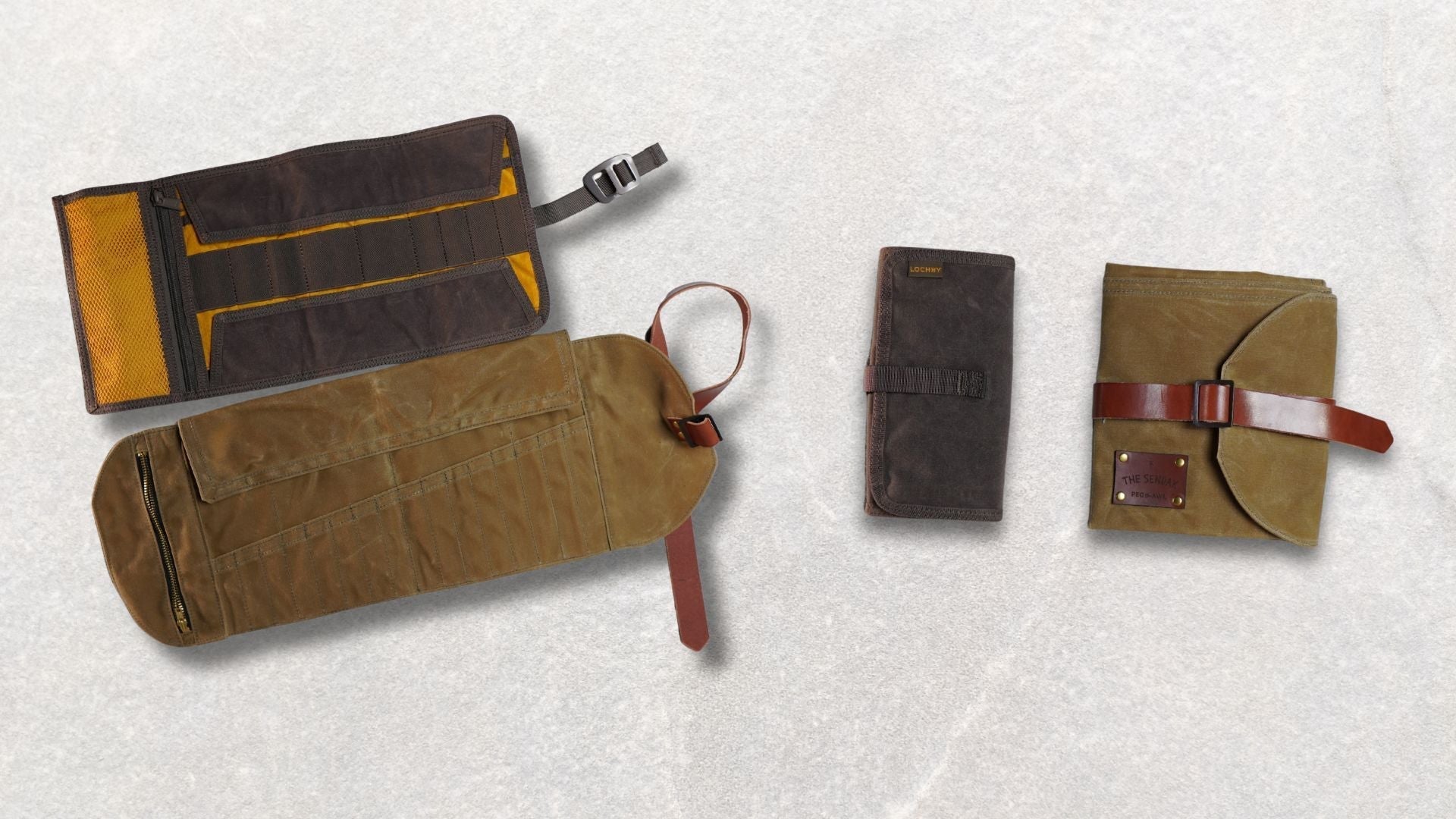Self care is all the rage these days. We hear it from everyone and see it everywhere, a common term used by family, friends, the media, people we look up to, and even the brands we love. As of writing this article, it has over 60 million hashtags on Instagram alone, which says a lot about how mainstream it has become. This is great, isn’t it? Considering what self care promotes, a culture that encourages everyone to prioritize their happiness and well being is definitely something worth cultivating.
Unfortunately, the current self care movement is not without issue: it’s often misinterpreted, something that becomes obvious if we look back at its history and compare its roots to how it is widely advertised today. Nowadays it’s more about instant gratification, and because self care has been redefined by people and groups for self gain, we tend to care for ourselves only on the surface and forget to get to the heart of what it’s really all about.
A Quick History Lesson
The concept of self care goes way back to the 5th century BC and ties up with Greek philosopher Socrates, famously known for the saying, “know thyself”. He believed the pursuit of self knowledge was important and that “the unexamined life was not worth living”.
But what does self knowledge have to do with self care, you may ask? Quite a lot actually since one can’t exist without the other. This is because it’s only through knowing who we are that we can become aware of our feelings, what we need, and exactly how we can take care of ourselves.
What’s notable here is that the journey of knowing ourselves is associated with the community. Self care doesn’t exist just so we can better serve ourselves; it’s also linked to the people around us. In a way, it’s a beneficial cycle: if we care for our community, then we help build an environment that allows us to take care of ourselves because the members of the community will care back.
Though self care can sometimes get a bad rap due to how misunderstood it is, there’s a lot to gain if we care for ourselves the “right” way. In this article, we’ve compiled a list of the 3 best ways we can apply self care to our journaling practice!
1. Looking at things from different perspectives.
One of the great things about journaling is how it gives us an avenue to write down our experiences, good or bad, which allows us to step back and see them in another light. This helps us understand different factors about what took place: our feelings during that time, why we reacted in a certain way or said what we did, among other things. In the process, we complete a crucial step in our self care practice: we learn more about how best to approach certain situations. If we have personal issues, we’re able to acknowledge and address them. Work on them. We can improve.
Self care comes full circle when we start looking at perspectives that are the complete opposite of our own—not just handpicked ones that align with the narratives we choose. It pays to ask the same questions about others that we ask ourselves: what do you think they were feeling during the experience? What could have driven them to react the way they did or say what they said? We can discover a lot by looking at our own actions and even more if we ask the person/s involved, if at all possible.
By putting ourselves in someone else’s shoes each time we assess a situation from various angles, we’re able to build empathy. We become kinder to ourselves and each other.
2. Communicating our needs the right way.
As social beings, humans succeed and thrive with the help of others. That said, it’s no surprise that part of self care is maintaining healthy relationships. However, to keep any relationship healthy, it’s important that we know how to communicate to avoid misunderstandings. Whether we’re dealing with a family member, close friend, a colleague, or a neighbor, being clear about our wants and needs when it’s time to talk about them is key.
Unfortunately, not all of us know exactly what these are. And if we don’t, we can’t assume others will either. Thankfully, journaling encourages us to write down our honest thoughts and feelings, which means many useful clues are hidden in between the many lines of our unfiltered journal entries. It may not always be clear and it may take some work to understand ourselves, but it’s not impossible. Once we know what we want and need, it will be easier to communicate them with others.
3. Planning the future.
Let’s be honest: how many of us have clear, definite plans for the future? Not a lot, and at best, we have the vaguest vision. Instead of taking control, we let life take the wheel YOLO-style, which leaves us with a feeling of dissatisfaction. We’re unhappy and discontented because nothing’s really happening to us, and this is not caring for ourselves at all. If we want to live truly rich lives, one that has meaning, we need to figure out what’s important so we can guide ourselves toward the right direction.
Fortunately, there are many different tools and methods that can help: journaling, habit tracking, goal setting, and bullet journaling to name a few. Again, it all comes down to getting to know who we are: what is my priority in life? What is my goal? What actions do I need to take to get me there? Peak self care is a life fulfilled, and it all boils down to knowing what we want for ourselves and then taking the necessary steps to make it happen.
Conclusion
Self care can also be what we see on social media: spa days, vacations to exotic locations, a new gadget, skin care products—basically anything that can make us feel good. Take note, however, that we must not forget to go deeper: if we can provide for our surface-level needs, in order to maintain balance, then we must also apply self care where it truly matters: within.
What self care practices do you observe on a daily basis? Share it with us below—we’d love to hear from you!





Do It Like The Creatives: The Daily Ritual of Stephen King
Architect by Day, Artist by Night: How Jason Nicholas Brings Buildings to Life on Paper